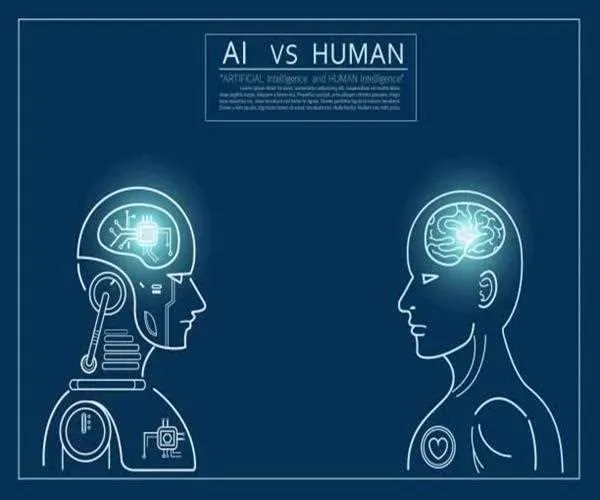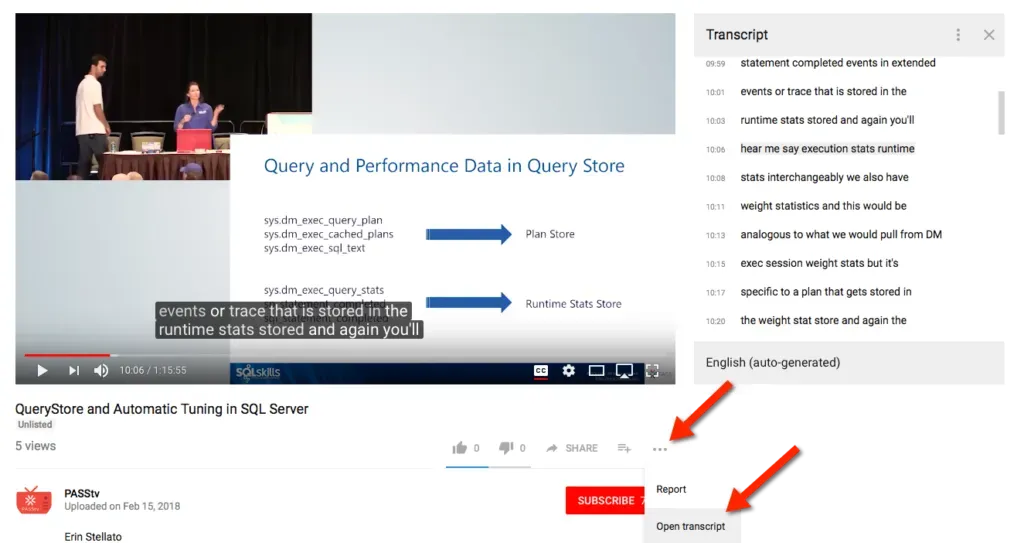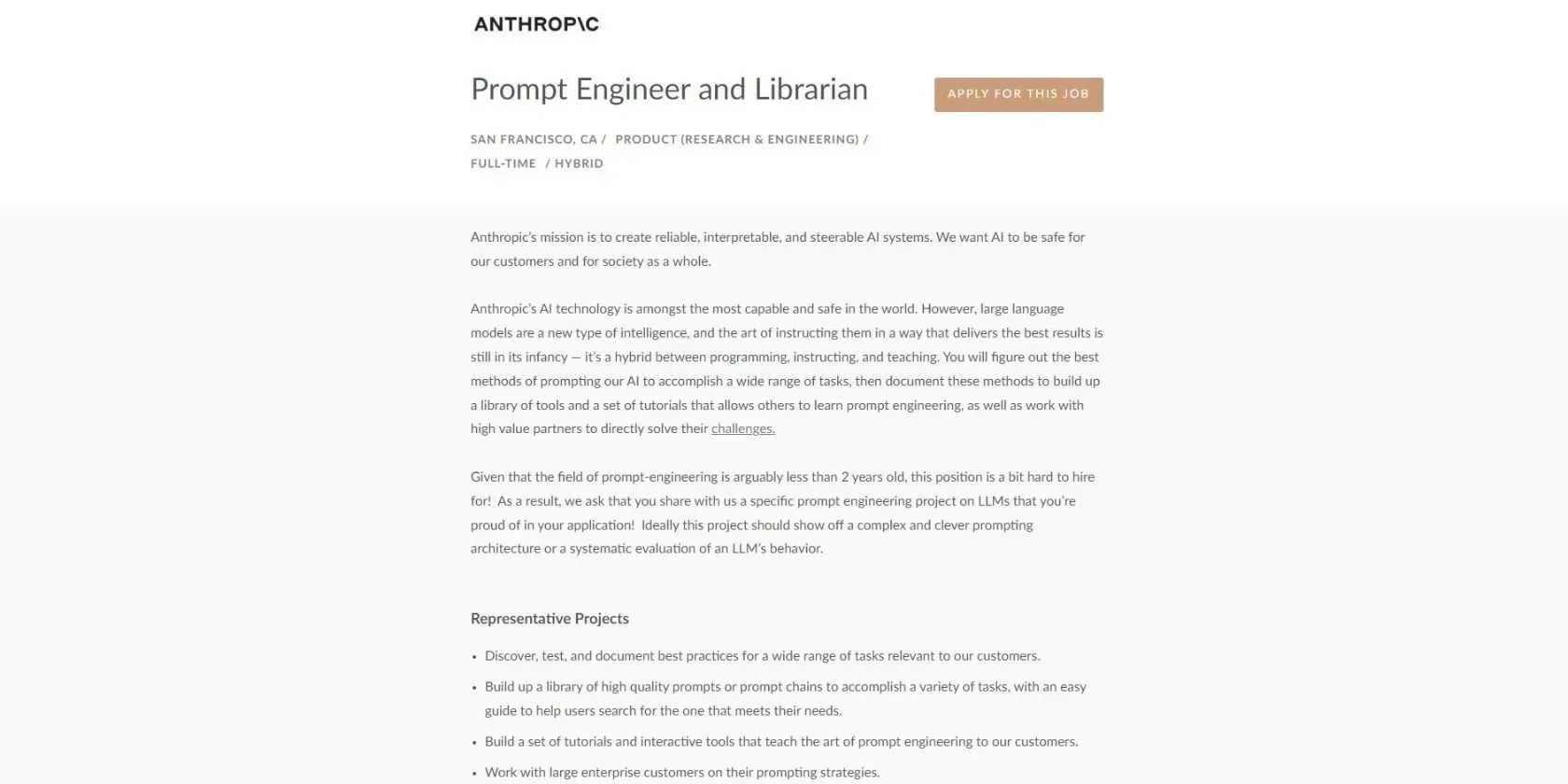The rapid evolution of artificial intelligence has sparked intense discussions about the possibility of AI surpassing humans in various fields. According to Dario Amodei, the CEO of Anthropic, predictions suggest that AI could outstrip human capabilities in nearly every area by 2027. This dramatic shift in the future of work raises profound questions as AI models become more capable, potentially rendering human labor obsolete. With advancements in robotics and AI, society may soon need to reevaluate the value of human contributions amidst a backdrop of unprecedented technological abundance. As we stand on the brink of this transformation, the implications of such a reality demand our immediate attention and thoughtful consideration.
The discussion surrounding the potential for machines to outperform humans has gained momentum, particularly as experts like Dario Amodei highlight the impending changes in our work landscape. The idea of intelligent systems rivaling human intellect brings forth fascinating possibilities for innovation and efficiency. As these advanced AI models continue to develop, the integration of robotics and artificial intelligence may redefine industries and reshape our societal structures. Such advancements compel us to reconsider our roles and the significance of human labor in an increasingly automated future. The conversation about the coexistence of humanity and these emerging technologies is not just theoretical; it is a pressing reality we must face.
The Impending AI Revolution: Dario Amodei’s Predictions
Dario Amodei, the co-founder and CEO of Anthropic, has made some striking predictions regarding the future of artificial intelligence. He claims that AI models could surpass human capabilities in nearly every aspect by as soon as 2027. This assertion has sparked significant discussion across various sectors, from technology to economics. The implications of such advancements in AI could reshape the future of work, raising questions about jobs and the role of humans in a rapidly automating world.
Amodei emphasizes the rapid pace at which AI is evolving, suggesting that we are on the brink of a technological breakthrough. As AI models become more sophisticated, their ability to outperform humans in complex tasks will likely lead to widespread changes in industries reliant on human labor. This is not just a matter of efficiency but also about redefining what it means to work and contribute to society. As we approach this potential future, it becomes crucial for policymakers and business leaders to consider the societal impacts of AI advancements.
AI Surpassing Humans: The Future of Work
The prospect of AI surpassing humans in various fields raises profound questions about the future of work. Amodei notes that as AI systems become more capable, they will inevitably take on many roles traditionally held by humans. This transition could lead to increased productivity and innovation but also poses significant challenges. Workers may find themselves displaced, leading to economic disruption and requiring new approaches to education and workforce development.
As AI technologies, including advanced robotics, become more integrated into the workplace, society must address how to adapt to these changes. The traditional notion of work as a source of identity and value may be challenged, prompting a reevaluation of how we define success and fulfillment in our lives. Engaging in discussions about the role of AI in our economy will be essential to ensure that the benefits of these advancements are distributed fairly and that workers are supported in their transitions.
The Role of Robotics in AI Development
Robotics and AI are increasingly intertwined, with advancements in one field driving progress in the other. Amodei highlights the potential for AI systems to enhance robotics, enabling the creation of machines that can perform complex tasks with precision and efficiency. This synergy between AI and robotics could lead to significant breakthroughs in industries such as manufacturing, healthcare, and logistics, where automation can improve productivity and reduce costs.
As robotics technology advances, the ethical implications of deploying AI-driven robots in various settings must be considered. Questions surrounding job displacement, safety, and accountability will need to be addressed to ensure that the integration of AI and robotics benefits society as a whole. The dialogue surrounding these technologies must include diverse perspectives to navigate the challenges and opportunities they present.
Rethinking Economic Value in an AI-Driven World
Amodei’s insights point to a fundamental shift in how we might view economic value in a world increasingly dominated by AI. He argues that the traditional model, where human labor is the primary means of creating value, may become obsolete as AI systems outperform humans across various domains. This shift could lead to a rethinking of our economic structures, including how wealth is generated and distributed.
The emergence of AI models capable of performing tasks better than humans raises questions about the future of employment and the meaning of work in society. As we consider these changes, it is crucial to engage in discussions about how to redefine value and purpose in a world where machines can perform many tasks traditionally done by people. This dialogue will be essential to navigate the complexities of an AI-driven economy.
Funding and the Future of AI Development
Anthropic’s recent funding rounds, including significant investments from Google and Amazon, highlight the growing interest and confidence in AI development. With billions being directed towards AI innovation, companies like Anthropic are positioned to lead the charge in creating advanced AI models that could redefine how we interact with technology. Such investments underscore the belief that the future of AI holds immense potential for economic growth and societal transformation.
As these funding initiatives continue, it is vital to ensure that the developments in AI are aligned with ethical considerations and societal needs. The pace of investment and innovation in AI should not outstrip our ability to address the moral implications of these technologies. Stakeholders must collaborate to create frameworks that govern AI development responsibly, ensuring that advancements benefit all of humanity.
Understanding ‘Artificial General Intelligence’ (AGI)
While Amodei distances himself from the term ‘artificial general intelligence’ (AGI), it remains a pivotal concept in discussions about the future of AI. AGI refers to AI systems that possess the ability to understand, learn, and apply knowledge across a wide range of tasks, much like a human. The debate around AGI is not just about technological capabilities but also about the potential risks and ethical considerations that come with creating such powerful systems.
The implications of achieving AGI are profound, raising questions about control, safety, and the societal impact of machines that can think and act independently. As we move closer to realizing AGI, it is crucial to consider the frameworks and regulations that will govern its use. Ensuring that these systems operate within ethical boundaries will be essential to harness their capabilities for the greater good.
The Societal Implications of Advanced AI Systems
Amodei’s remarks about AI replacing human labor prompt urgent discussions about the societal implications of such advancements. As AI systems become capable of performing tasks traditionally done by humans, we must consider the broader impact on society, including issues of inequality and access to resources. The transition to an AI-driven economy could exacerbate existing disparities if not managed thoughtfully.
Engaging various stakeholders, including policymakers, business leaders, and the public, in conversations about the implications of advanced AI systems is crucial. Together, we can explore strategies to mitigate potential negative impacts while maximizing the benefits of these technologies. This collaborative approach will be necessary to navigate the challenges posed by an increasingly automated future.
Economic Models in the Age of AI
As AI technologies advance, there is a pressing need to rethink our economic models. Amodei’s insights suggest that the traditional reliance on human labor for economic production may no longer hold. This shift could lead to a reevaluation of how societies distribute wealth and value in an age where machines can perform many tasks more efficiently than humans.
Exploring new economic frameworks that account for the contributions of AI will be essential as we enter this new era. These discussions should encompass various models, including universal basic income and alternative methods of wealth distribution, to ensure that the benefits of AI advancements are shared equitably across society. Crafting these models will require innovative thinking and collaboration across sectors.
Preparing for a Future with AI and Robotics
As we stand on the brink of an AI revolution, preparation is key to navigating the changes that lie ahead. With predictions that AI could surpass human capabilities within just a few years, it is essential for individuals, businesses, and governments to begin adapting now. This preparation involves not only upskilling the workforce but also fostering a culture of continuous learning to keep pace with technological advancements.
In addition to workforce preparation, it is crucial to establish ethical guidelines for the development and deployment of AI and robotics. Ensuring that these technologies are used responsibly will be vital to maintaining public trust and safeguarding fundamental human values. By proactively addressing these challenges, we can create a future where AI enhances human potential rather than undermines it.
Frequently Asked Questions
What are the implications of AI surpassing humans in the workplace?
As AI surpasses humans in various job functions, especially in areas like data analysis, customer service, and advanced robotics, we may see significant shifts in the future of work. Dario Amodei predicts that advanced AI models could eventually handle tasks better than almost all humans, leading to a re-evaluation of labor value and economic structures, as human contributions to work may need to be redefined.
How soon could AI models surpass human intelligence according to Dario Amodei?
Dario Amodei suggests that AI models may surpass human capabilities in almost all tasks within the next two to three years, potentially by 2027. His insights highlight the rapid advancements in artificial intelligence and robotics, prompting discussions on how society will adapt to these changes.
What does it mean for robots if AI surpasses humans?
If AI surpasses humans, it could lead to the development of advanced robotics that excel in various fields, from manufacturing to service industries. This evolution would create a need for society to reassess the roles of humans in the workforce and how we derive meaning from our work, as suggested by Dario Amodei.
What is the potential future of work with AI surpassing humans?
The future of work may involve AI systems taking over most tasks traditionally performed by humans, as predicted by Dario Amodei. This could lead to increased economic value and abundance, but also necessitate a fundamental change in how we view work and human contribution to society.
Why does Dario Amodei distance himself from the term ‘artificial general intelligence’?
Dario Amodei prefers to avoid the term ‘artificial general intelligence’ (AGI), describing future AI systems instead as a ‘country of geniuses in a data center.’ He argues that AGI is a marketing term and emphasizes the need for AI that outperforms experts across various fields.
What are Dario Amodei’s concerns regarding AI surpassing humans?
Dario Amodei expresses concerns that as AI surpasses human capabilities, it could invalidate traditional concepts of labor and self-worth. He emphasizes the importance of addressing these issues to ensure that society adapts effectively to the transformative impact of advanced AI and robotics.
How do advancements in AI models affect economic structures?
Advancements in AI models that surpass human abilities could lead to significant economic changes. As AI takes over more tasks, there may be a need to rethink how economic value is distributed and how humans find purpose beyond traditional labor roles.
What role does robotics play in the future of AI surpassing humans?
Robotics plays a crucial role in the future of AI surpassing humans, as advanced AI can enhance robotic capabilities. Dario Amodei suggests that the synergy between AI and robotics will shape new industries and redefine human labor, necessitating a societal conversation about the implications of these changes.
| Key Point | Details |
|---|---|
| Prediction of AI Superiority | Dario Amodei believes AI could surpass human capabilities in almost everything by 2027. |
| Rapid Progress in AI Development | Amodei asserts that AI development is advancing faster than many expect. |
| Concerns About Economic Impact | Highly intelligent AI may disrupt traditional labor markets and necessitate a reevaluation of human value and self-worth. |
| Investment in Anthropic | Anthropic has secured significant funding, including $3 billion from Google and $8 billion from Amazon, indicating strong market confidence. |
| Reinterpretation of AGI | Amodei prefers the term “country of geniuses” over AGI, emphasizing the intelligence of future AI systems. |
Summary
AI surpassing humans is an increasingly plausible reality, with predictions suggesting that advanced AI models may outperform human capabilities in nearly all domains by 2027. As technology evolves rapidly, the implications of such advancements warrant serious consideration, particularly regarding the future of labor and economic structures. Dario Amodei’s insights highlight the necessity for society to rethink its values and the meaning of work in a world where machines could potentially replace human labor. This transformation could reshape our understanding of self-worth and economic contribution, prompting essential dialogues about the future of humanity in an age dominated by intelligent machines.










